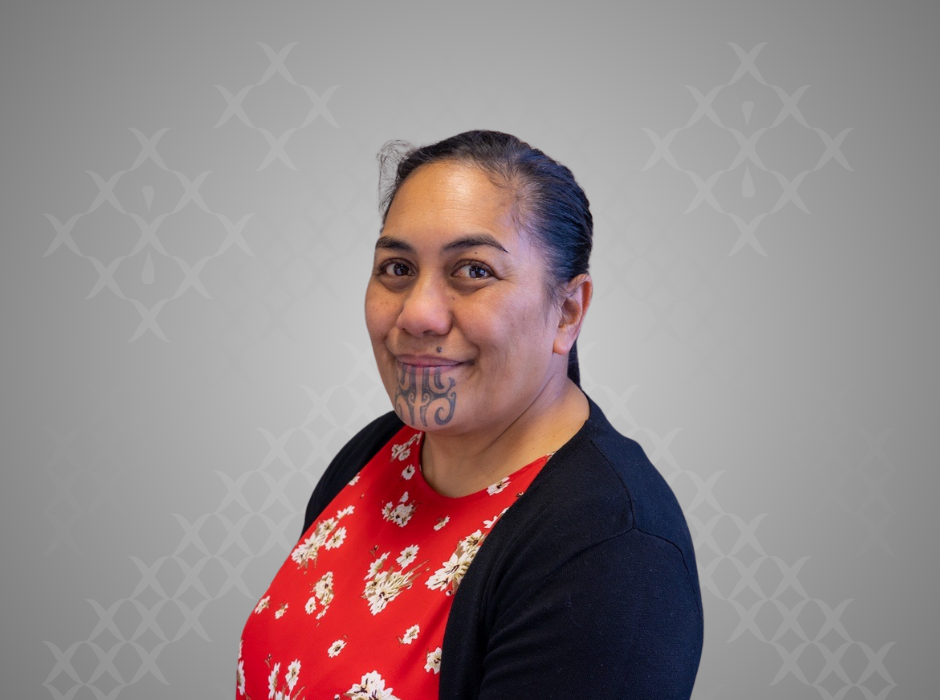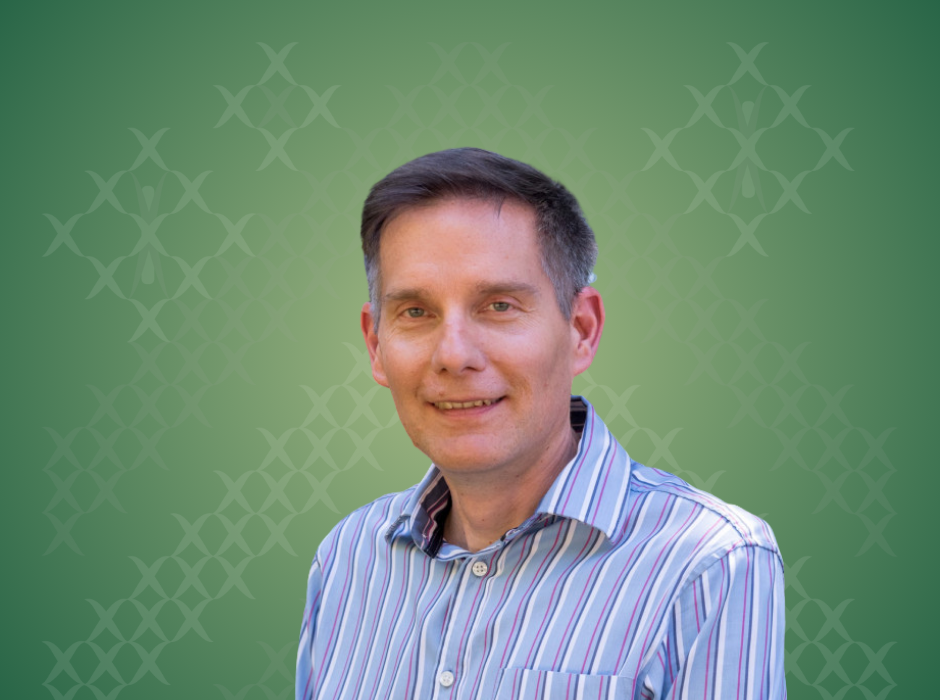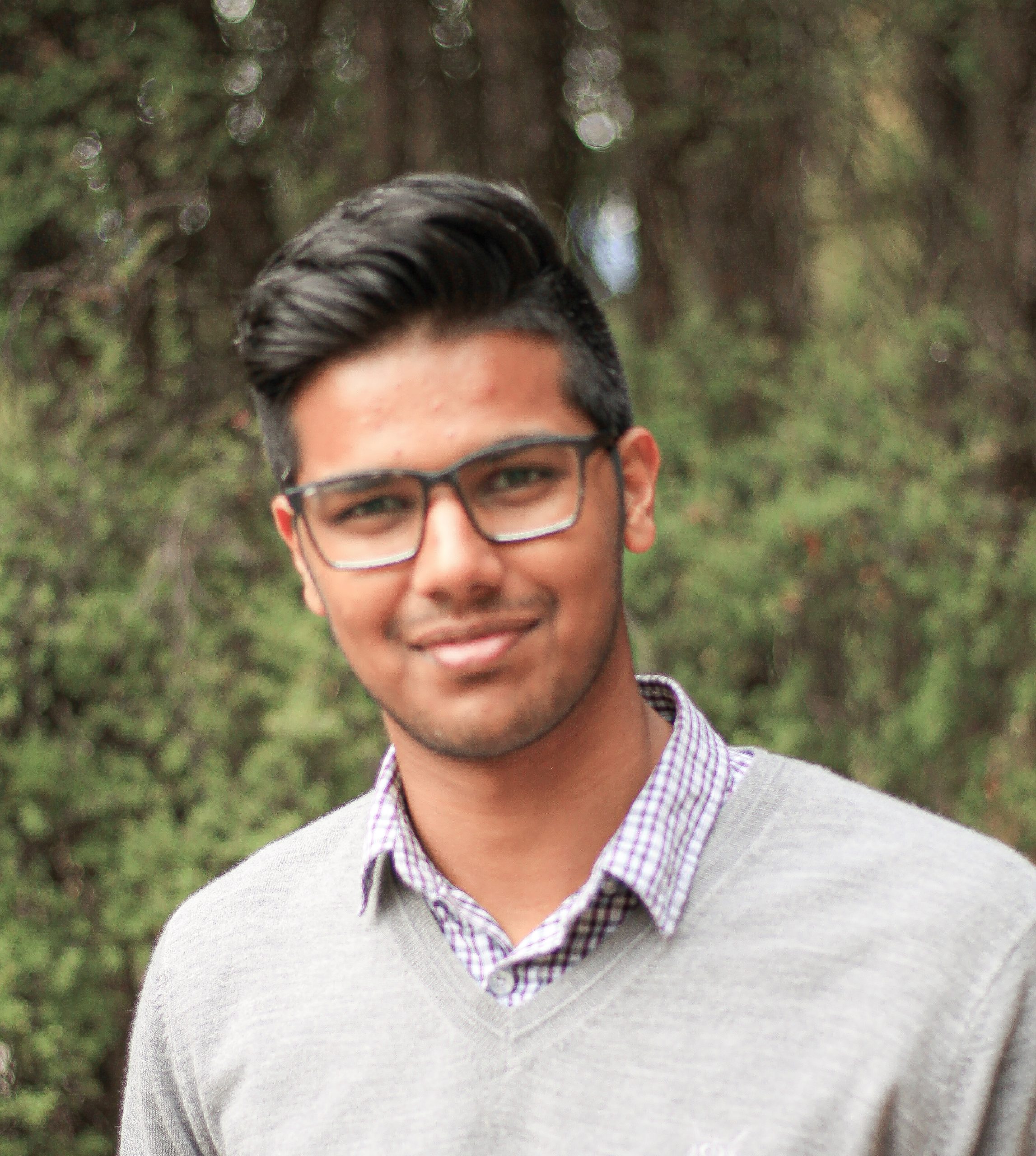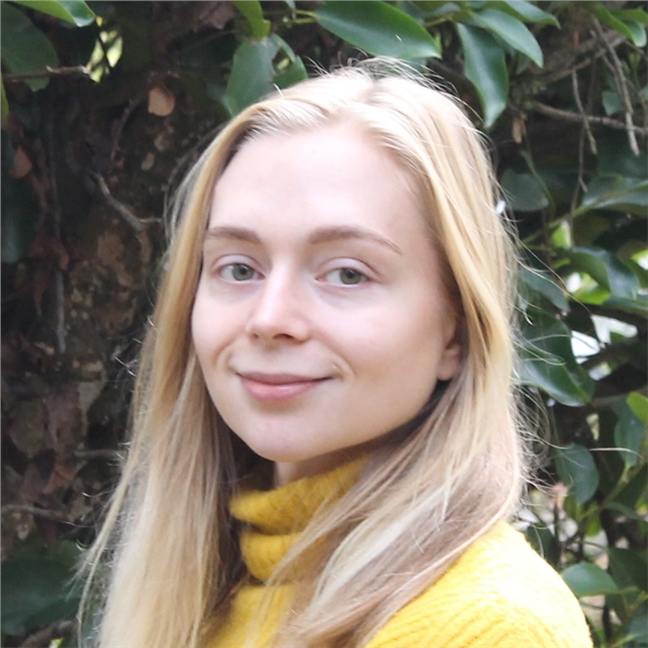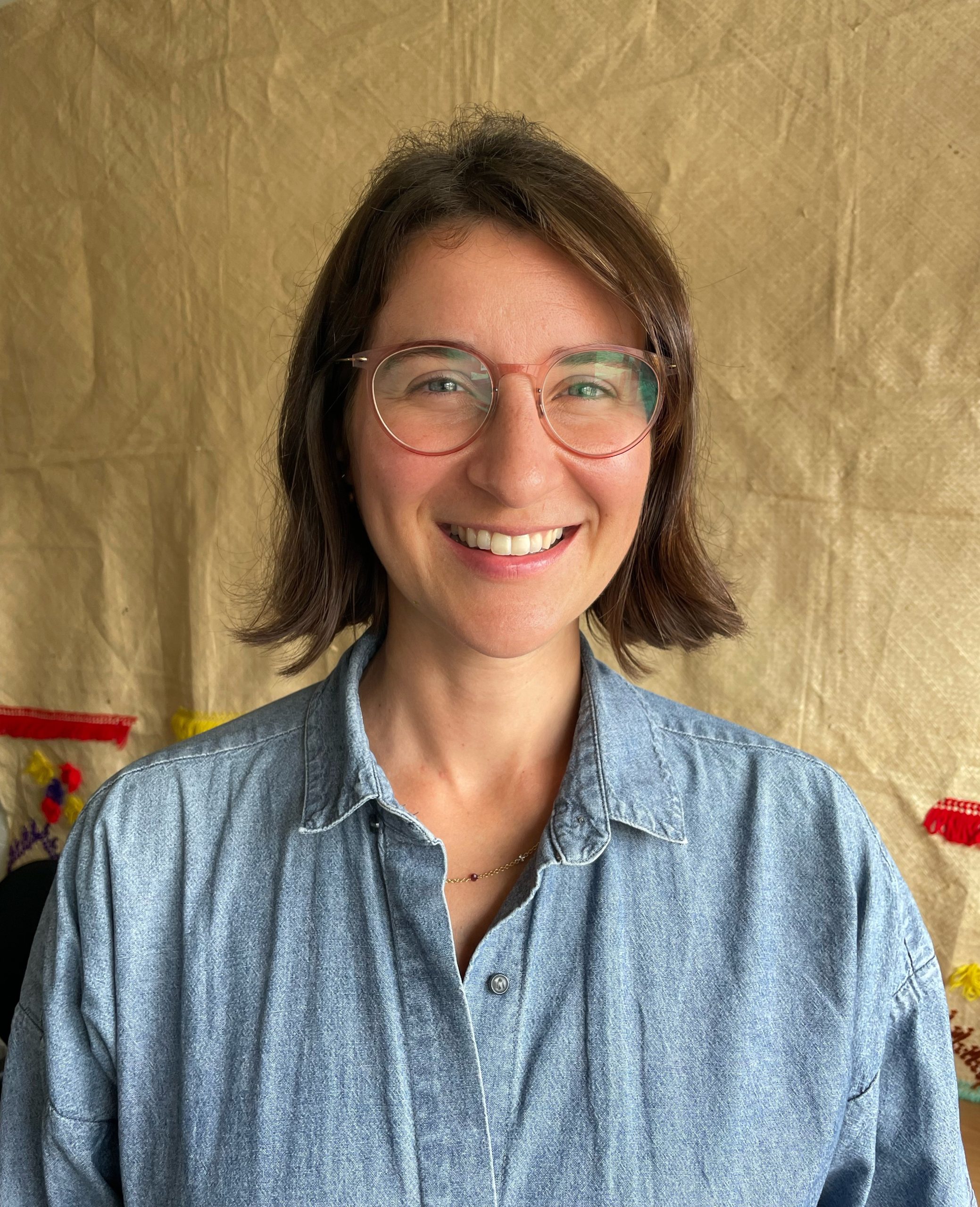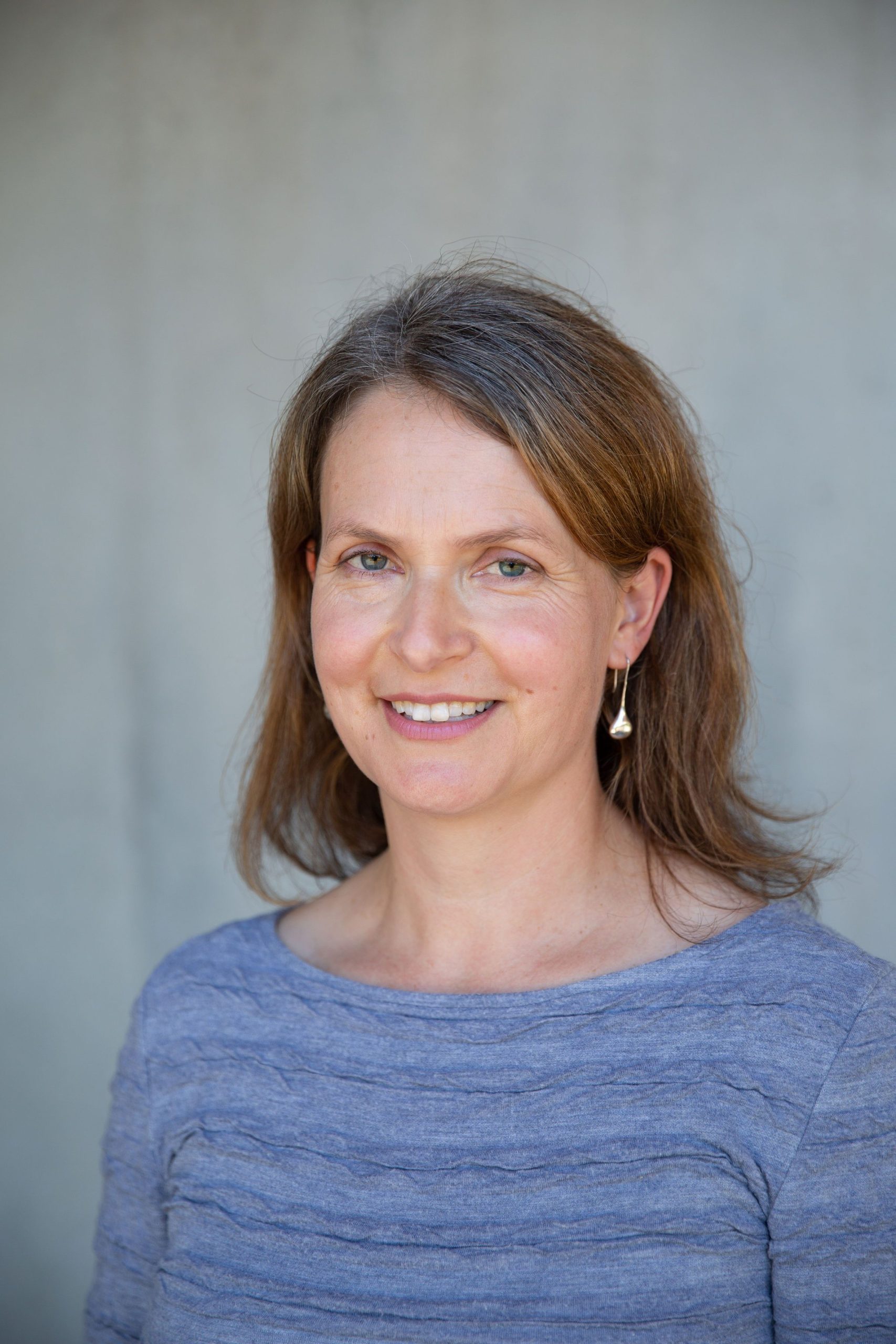30 June 2023
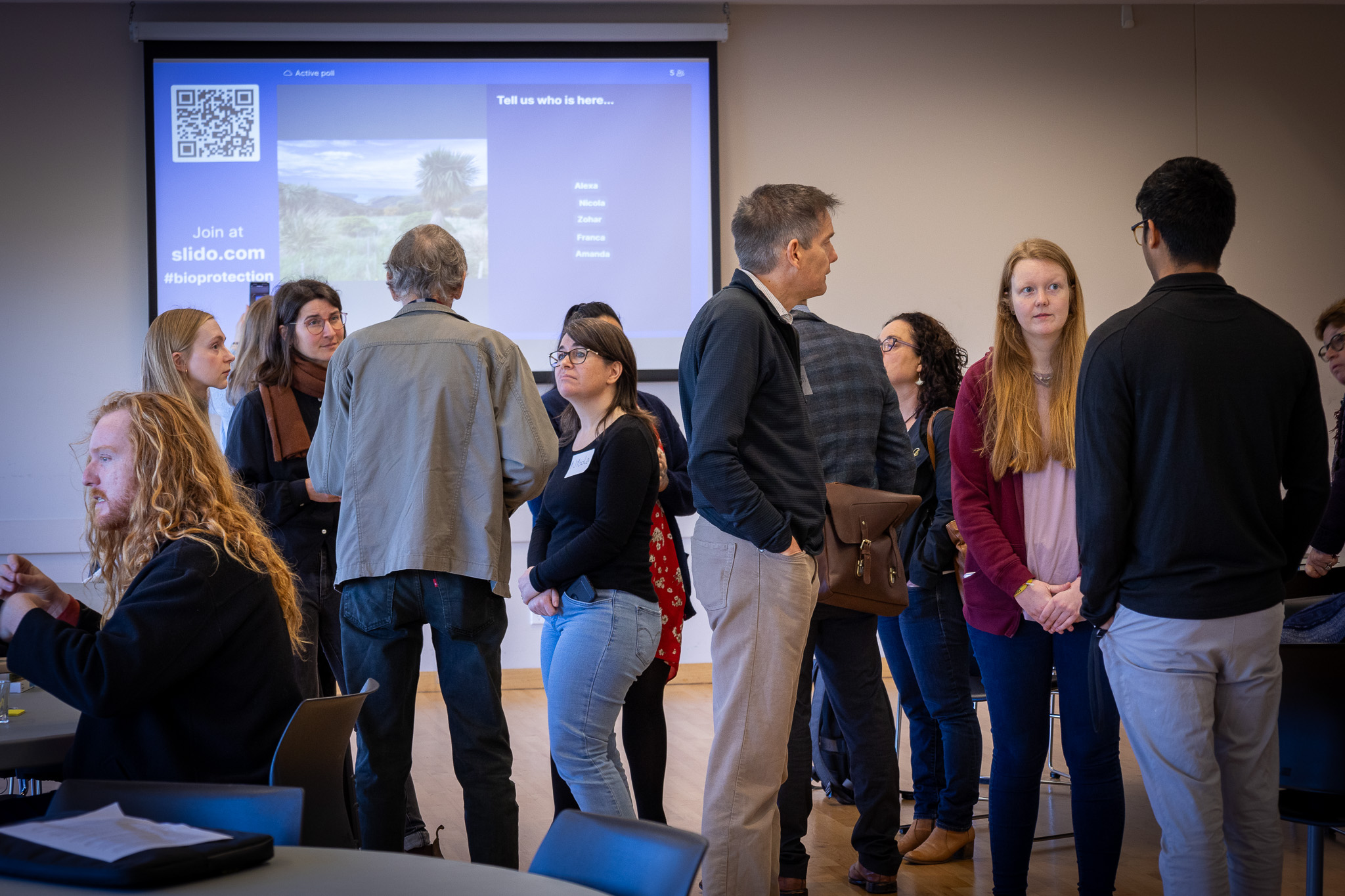
Horomaka community members gather to explore resilient landscapes through informations sharing.
Meaningful engagement and multidisciplinary collaboration took centre stage at a recent gathering that brought together Bioprotection Aotearoa researchers, farmers, conservationists, and mana whenua from Horomaka.
Hosted by Bioprotection Aotearoa in Canterbury, the event aimed to cultivate stronger connections among researchers, the community, and their environment. Its overarching goal was to advance the cause of healthy and resilient ecosystems for the benefit of future generations.
Amanda Black, Director of Bioprotection Aotearoa, began the event by outlining the vision, values, and Kaupapa of the national Centre of Research Excellence. She expressed gratitude to the Horomaka community for the valuable opportunity to exchange knowledge and insights.
“The value of introducing ourselves, connecting researchers and the community, and fostering relationships cannot be underestimated” – Amanda Black
The community heard from early career researchers who are working on understanding what makes soils resilient, future weed invasions, drivers of plant health, restorative farming practices, and adaptation pathways.
Each topic discussion reiterated the immense potential that lies in collaborative efforts spanning various disciplines and knowledge systems.
“Reaching across disciplines together, we can achieve greater outcomes that strengthen people and their environment,” Amanda emphasised.
The gathering provided a forum for participants to actively engage in dialogue, exchange ideas, and explore innovative approaches to bioprotection.
Driven by their commitment to the wellbeing of the land and future generations, community members actively participated, raising thought-provoking questions, and offering insights.
Deputy Director Phil Hulme reflected on the alignment of Bioprotection Aotearoa’s scientific efforts with the concerns of landowners and other stakeholders about emerging weed issues.
“At Bioprotection Aotearoa we have already begun to consider these emerging weed issues and the potential impact on their distributions of climate change and thus it is good to know that our science is aligned with end-user concerns.” Phil reflected.
“The landowners that I spoke to were particularly impressed by the breadth of the work being carried out on Horomaka and the enthusiasm of our early career researchers.”
Reflecting on the conclusion of the meeting, Amanda remarked, “Building deeper relationships of a collaborative nature, embracing māturaka Māori and scientific knowledge, is crucial in achieving sustainable solutions for our productive landscapes.”
She expressed a shared sense of purpose among researchers and the community, with a commitment towards continued engagement.


